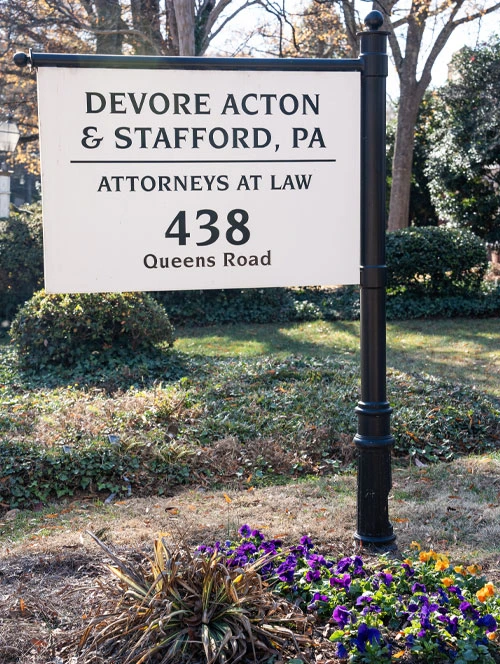It’s mine! Eminent domain law and North Carolina landowners

Taking the leap to owning property is a big jump. Before putting in an offer, investors generally complete research and often negotiate a price they are comfortable paying for the property. After all this work is completed, investors or residential property owners may expect to keep the property for a long period of time – or at least sell it of their own volition.
Unfortunately, this is not always the case. In some cases the government may claim private property for public use, regardless of the property owner’s wishes. The government’s ability to take this land is referred to as eminent domain.
Landowners who are put in a situation to fight for their land against government agencies should take heart, there are options.
An example of eminent domain law in action in North Carolina
One such option was recently highlighted in court. A challenge over eminent domain law in North Carolina reached the state’s highest court. The case focused on an issue involving the state’s Department of Transportation (NCDOT) and North Carolina’s Map Act.
A brief explanation of the Map Act
The Map Act is a law that allows the NCDOT to file maps that list properties that are in the way of proposed developments. These maps create protected corridors for the proposed roadways.
Property owners that own land within these protected corridors face a number of restrictions, including the inability to receive building permits. Landowners frustrated with these limitations complained in a lawsuit that the use of protected corridors is an exercise of eminent domain. As such, the property owners argued that they are due just compensation from the NCDOT.
The North Carolina Supreme Court agreed to hear the case and held in favor of the property owners. The court called for the NCDOT to provide compensation to homeowners impacted by these corridors.
An option for landowners
In some cases, such as the one outlined above, a landowner has recourse. State law may provide protection with a lawsuit for “inverse condemnation”. If successful, the action would require that the government agency provide the land owner compensation for the property as well as attorneys’ fees and interest.

request your consultation
"*" indicates required fields



